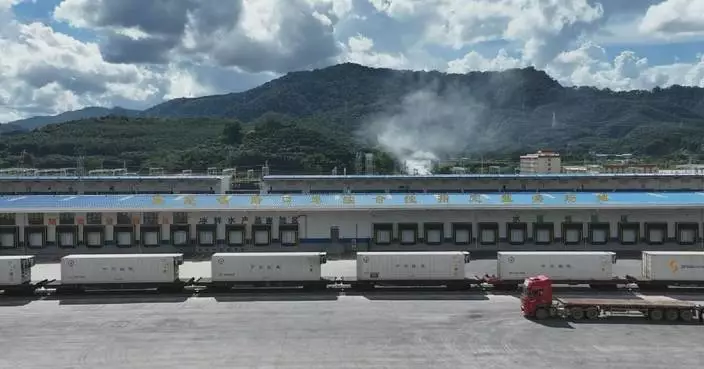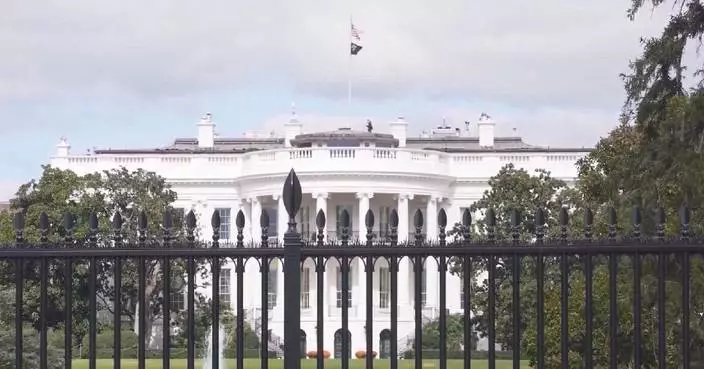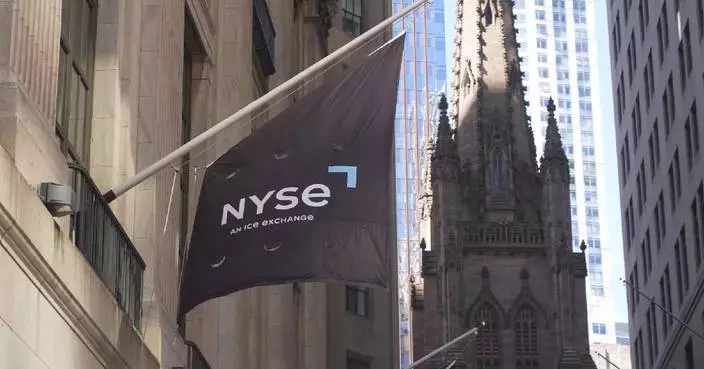U.S. President Donald Trump's rollout of sweeping "reciprocal tariffs" may lead to global economic recession and will exacerbate inflation in the country, said a Spanish scholar.
Amid widespread opposition, Trump on Wednesday signed two executive orders, imposing a 10-percent "minimum baseline tariff" on all imported goods and higher rates on certain trading partners.
Felix Valdivieso, a professor at IE Business School, told China Central Television (CCTV) that following the imposition of the tariffs, all consumers in the world will feel the pinch.
"These measures will have global economic impacts and may even lead to a recession. Analysts at Moody's Ratings have pointed out that these tariffs will drive up prices. Price increases will directly affect consumers' personal income and spending power, as well as their purchasing power," Valdivieso said.
Spanish Prime Minister Pedro Sanchez on Thursday announced his government will implement a 14.1 billion euro plan to support the economy in the face of Trump's tariffs.
He called the tariffs a "unilateral attack", saying they will harm the interests of people and businesses in both the EU and the United States itself, an opinion shared by Valdivieso.
"In other words, the U.S. is trying to make money by imposing tariffs, which will also drive up prices of domestic products. According to estimates by American analysts, the price of each car in the U.S. will go up by about 1,000 to 2,000 U.S. dollars after the tariffs are imposed. With car exports to the U.S. blocked, there will be two consequences for Europe. One is that Europe will have to find other markets to sell cars. The other is that it will have to bear the consequences of the decline in car sales in some way, so it has to reduce car production lines and lay off employees," he said.
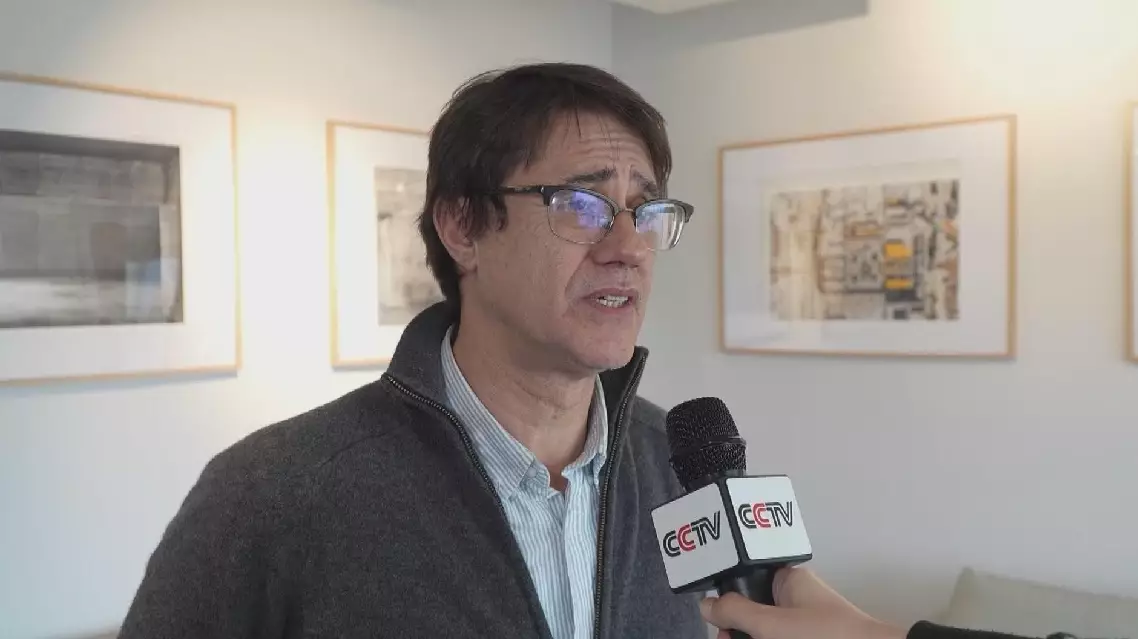
Trump's tariffs may lead to global recession, exacerbate US inflation: Spanish scholar
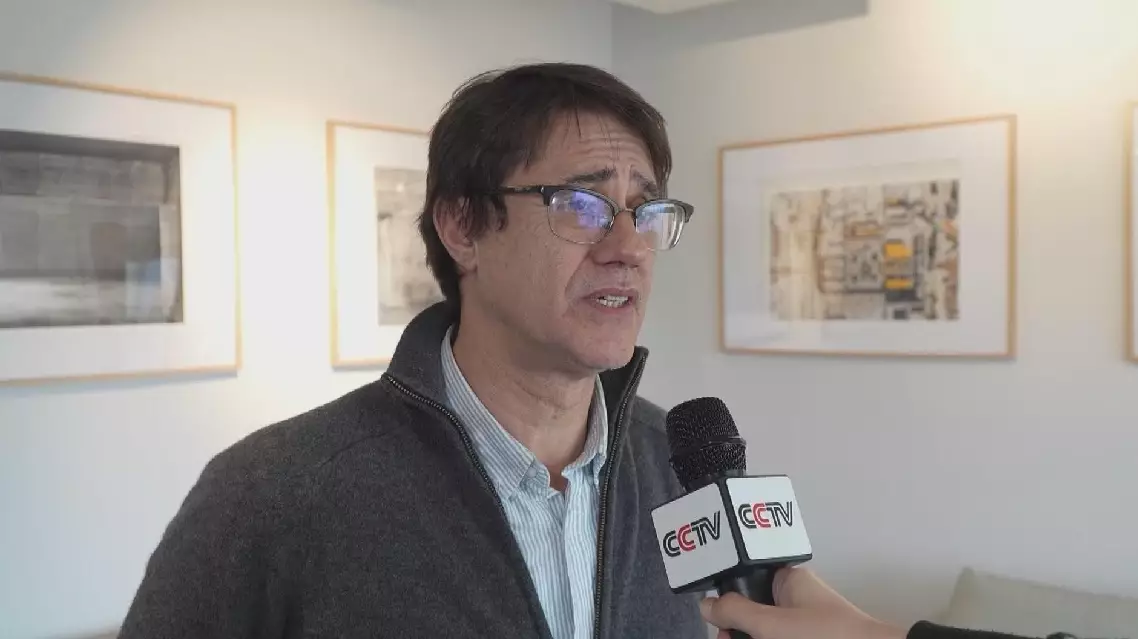
Trump's tariffs may lead to global recession, exacerbate US inflation: Spanish scholar






